Mother’s warning after being ‘fobbed off’ 12 times before leukaemia diagnosis
The former office worker said she knew her body was failing
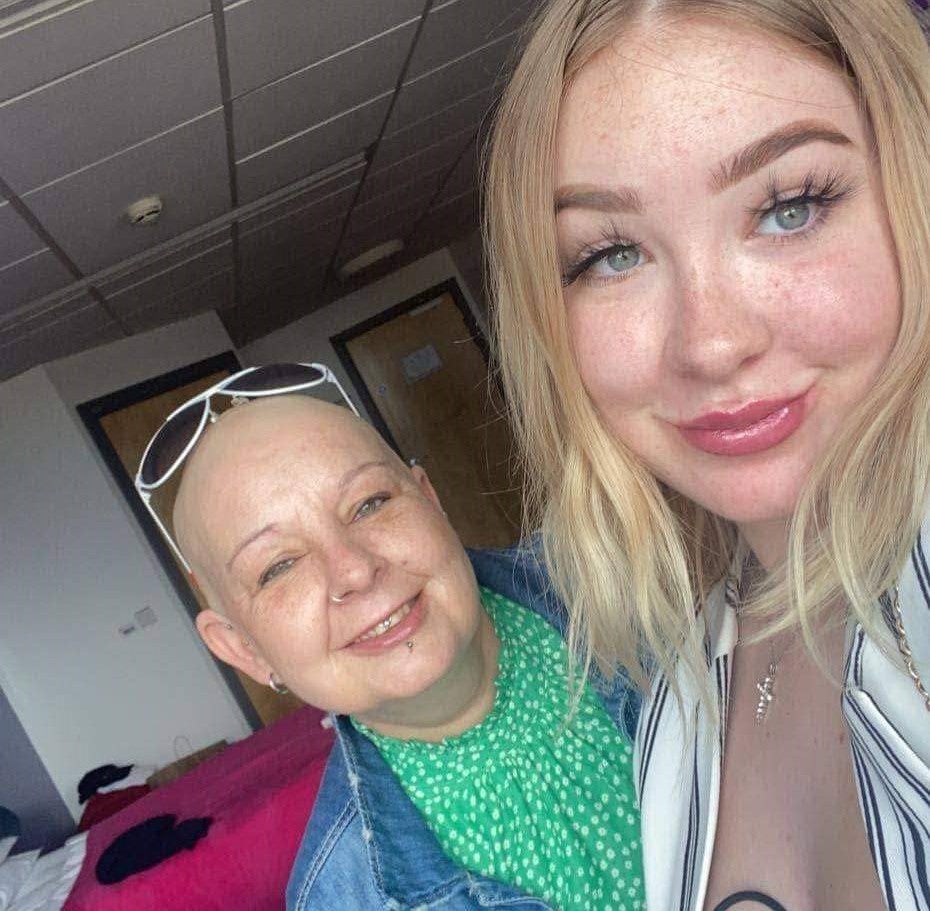
A mother “fobbed off” by the NHS 12 times before being diagnosed with leukaemia and told she had “months to live” has said she is grateful to still be alive, despite her treatment delays.
Tammy Guide, 52, a hospice volunteer from Sowerby Bridge, West Yorkshire, said she visited her local A&E department six times – twice by ambulance – and her GP six times from December 2020 to February 2021.
The former office worker said she “knew (her) body was failing” as her symptoms included a high temperature and heart rate, extreme lethargy, pain, bruising, and lumps all over her body, but she felt “no-one would listen” and claims doctors told her “they couldn’t find anything” after she had a scan and blood tests.
By “sheer luck”, Tammy’s rheumatologist had reviewed her test results and suggested she have further examinations, and in February 2021, she received her acute myeloid leukaemia (AML) diagnosis – a type of blood cancer.
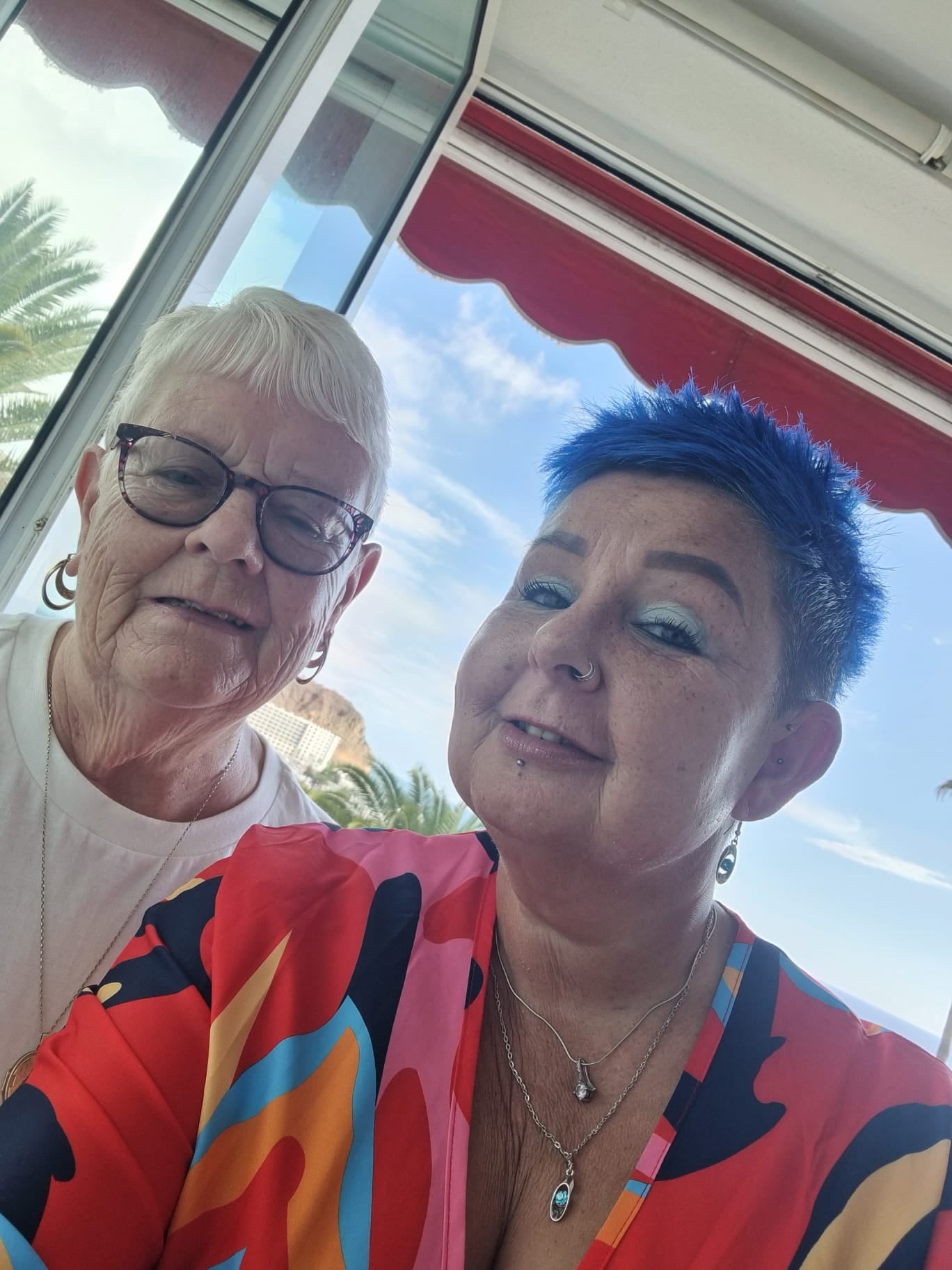
She started “life-saving” treatment straightaway, but following a stem cell transplant, she relapsed in December 2021 and was told she had just months to live.
Tammy was then offered a new medication called Gilteritinib but was told this only had a 30% success rate – and although this helped her reach remission in March 2022, she has been told the “leukaemia will get stronger than the tablets” eventually.
“If I had been diagnosed sooner, I have no doubt that the prognosis would have been different and I wouldn’t have to be taking medication now,” Tammy told PA Real Life.
“But overall, I think having a positive mental attitude has helped enormously. I go about my day as though there’s nothing wrong with me.
“I’ve always had a sunny disposition, I’ve always been a people person, so I won’t let this beat me until I’m actually in hospital on a deathbed.
“I wake up with an attitude of gratitude because I’ve woken up that morning.”
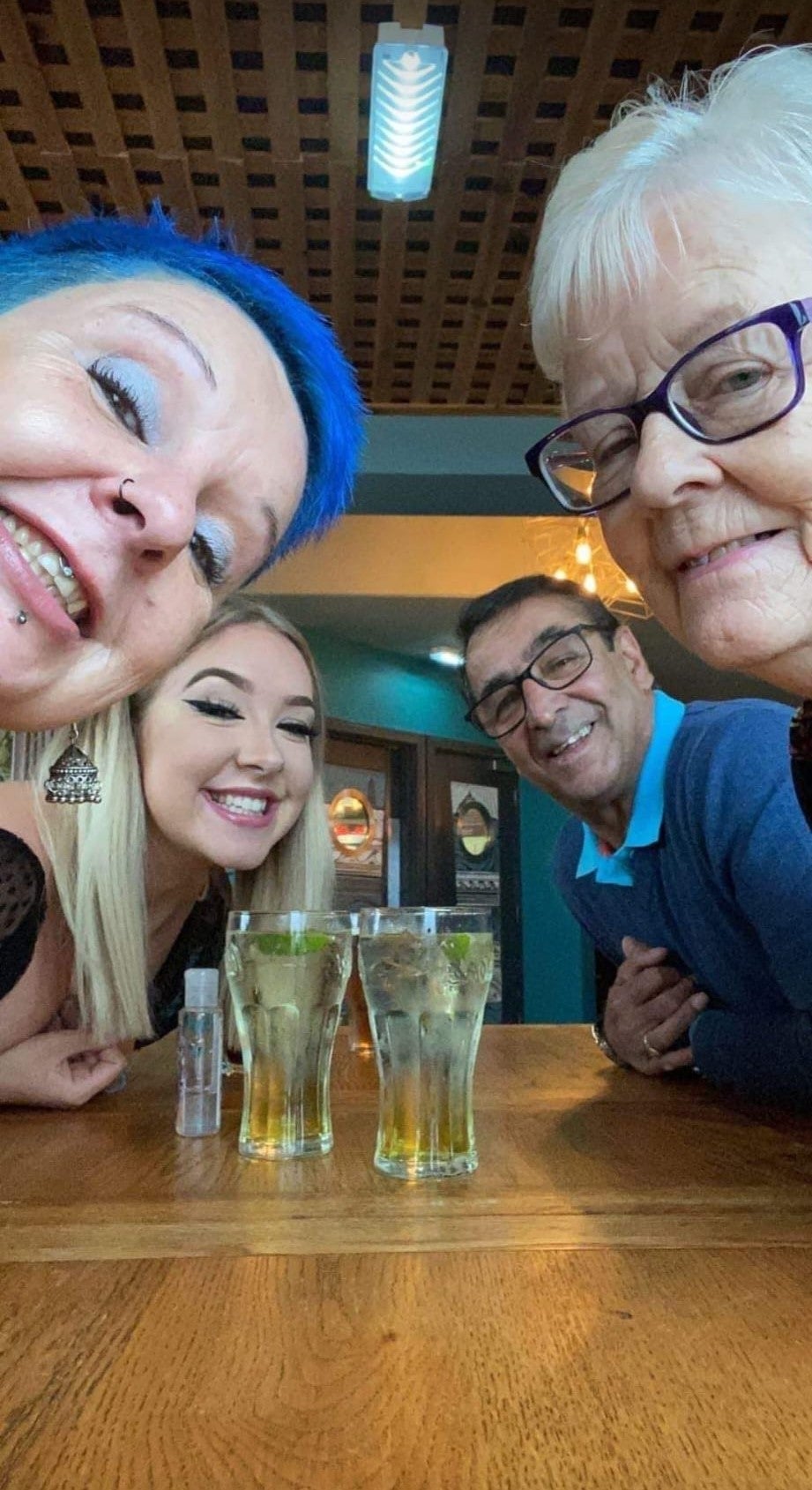
Tammy, who lives with her daughter Jessie, 21, said she started experiencing unusual symptoms in December 2020 and knew “something was just not right”.
She said she was struggling to walk, she had high temperatures, bruising, and lumps all over her body the “size of golf balls”, and she was so exhausted that her daughter had to help bathe her.
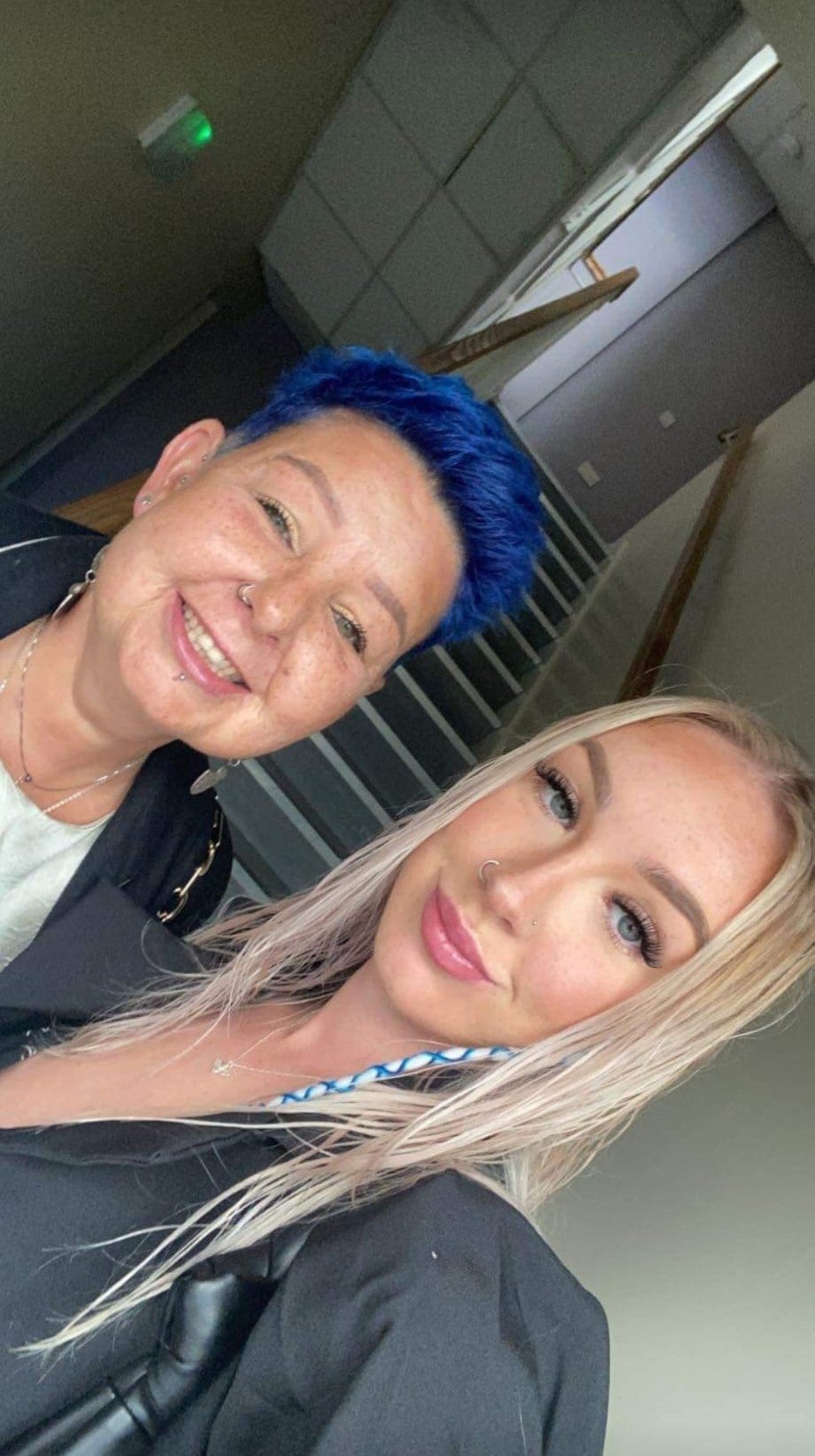
From December 2020, Tammy claims she visited her local A&E department at Calderdale Royal Hospital six times – twice by ambulance – where she had blood tests and a scan.
She said she also visited King Cross Surgery in Halifax six times, once after collapsing at home, and her GP diagnosed her with erythema nodosum, a condition which causes painful patches of skin that look red or darker than the surrounding skin.
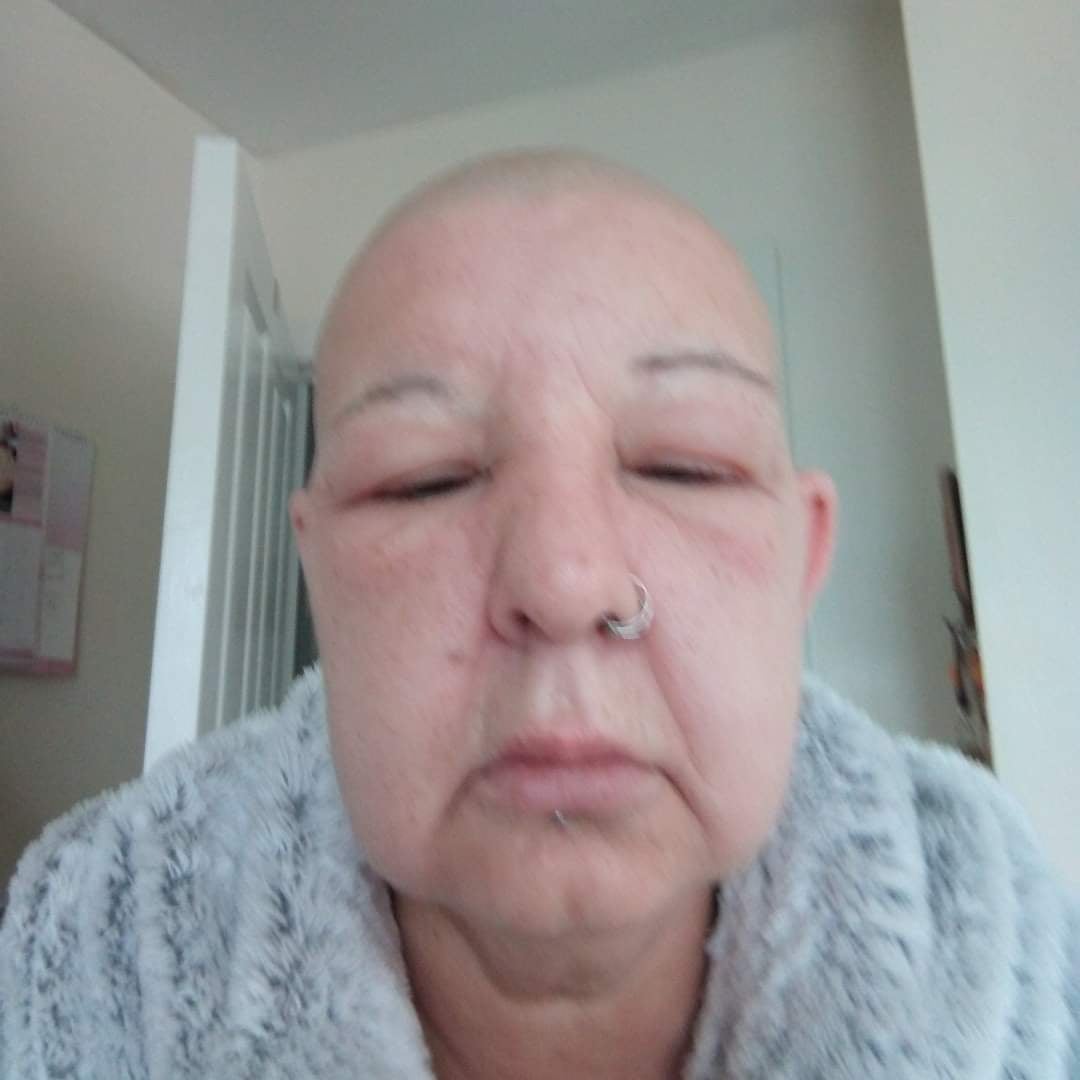
“On a couple of occasions, they gave me steroids, but other than that they just kept sending me home, saying they couldn’t find anything – this went on until the beginning of February in 2021,” she said.
Tammy had previously been diagnosed with rheumatoid arthritis and, one evening, she said her rheumatologist rang her having looked at her test results and suggested she have further examinations.
After being referred to Huddersfield Royal Infirmary in February 2021, she was told she had AML and then underwent a bone marrow biopsy to confirm the diagnosis.
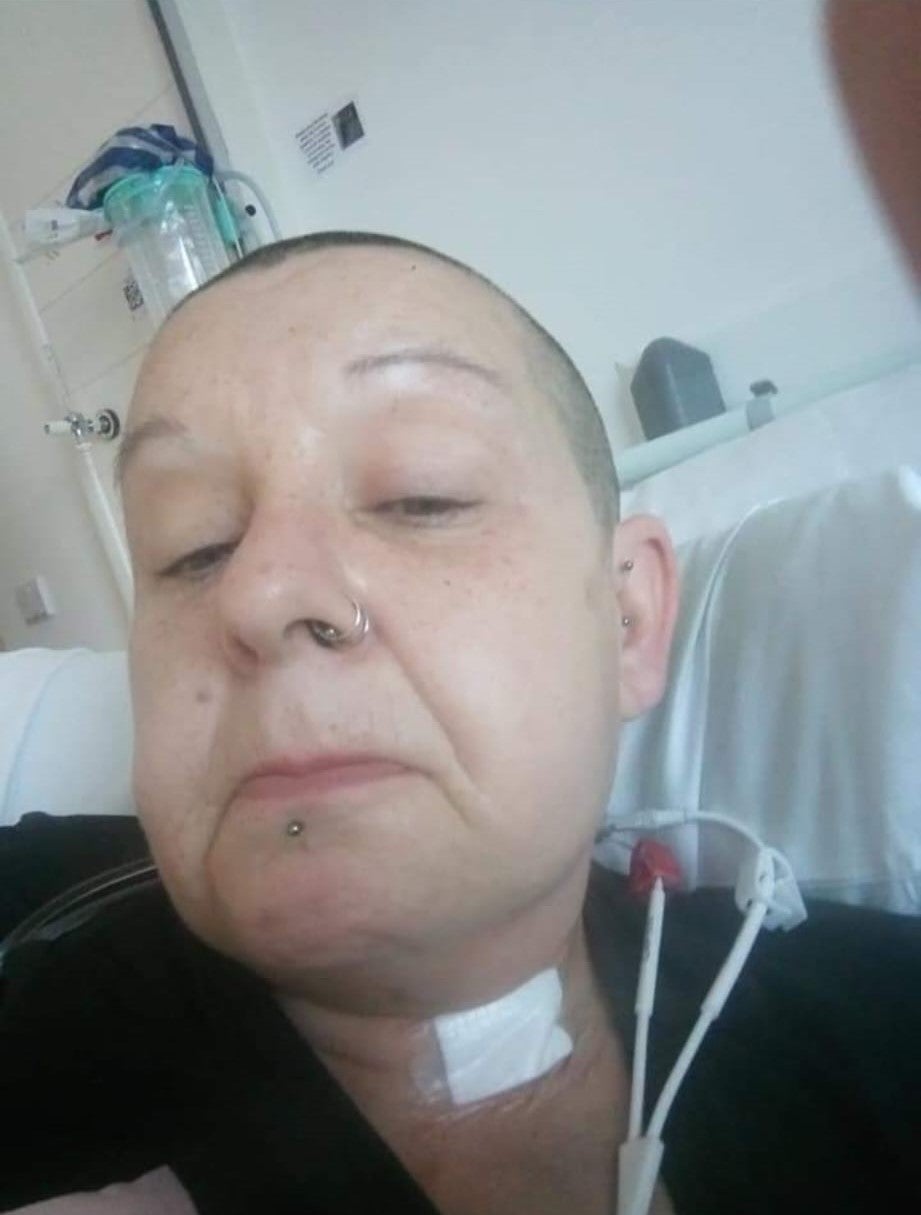
“If it hadn’t been for my rheumatologist, I’m almost certain that I wouldn’t be alive now, he saved my life,” she said.
“I can’t describe how ill I was, I felt like I was dying.
“If I’d have been left much longer, I think I would have died.”
Just hours later, Tammy was transferred to St James’s University Hospital in Leeds, where she started treatment that same evening, showing the “gravity of the situation”.
She explained she was “blasted with chemotherapy” via a PICC line – a peripherally inserted central catheter – in her arm, and she remained at St James’s for several weeks.
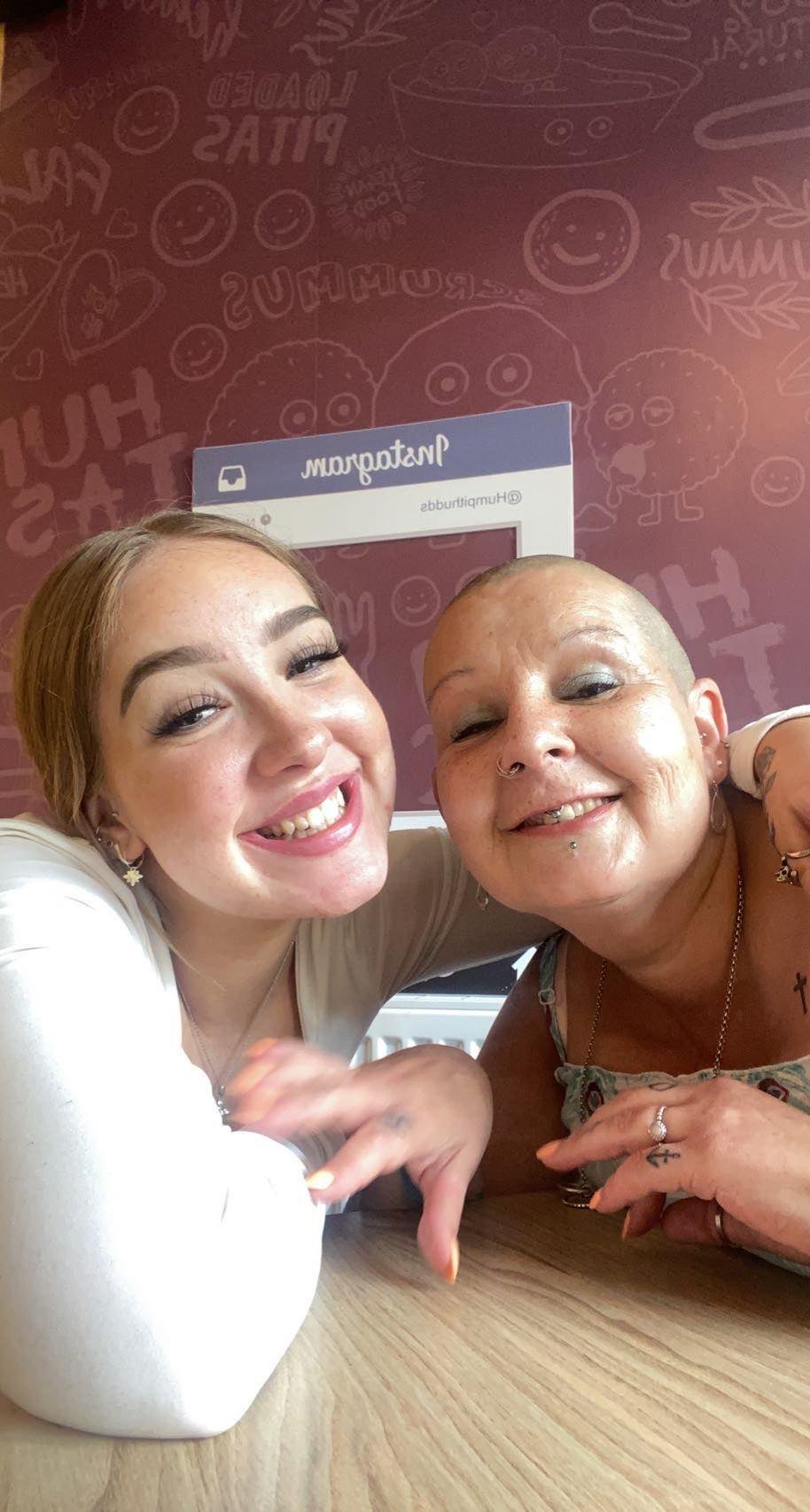
During this time, she said she “resented everybody” as her family and friends were “getting on with their lives” – but in reality, she said their “lives had been blown apart” as well.
After being discharged, Tammy continued with treatment at home and, in September 2021, she said she underwent a stem cell transplant which “failed almost immediately”.
After another bone marrow biopsy, on Christmas Eve in 2021 Tammy said she was told that she had months to live because the “leukaemia was back” – and this made her “feel sick”.

She believes this was because of the delayed diagnosis and progression of the untreated disease and she said she was advised by a consultant at this point to “do what you want while you still can”.
“We went to my brother’s for Christmas and we’d been given this news the day before,” she said.
“I was just laid on the sofa, and everybody thought, ‘Am I going to die?'”
Tammy was then offered Gilteritinib tablets, which doctors said had a 30% success rate, and by March 2022 she said she was told she was in remission, meaning the signs and symptoms of cancer are reduced.
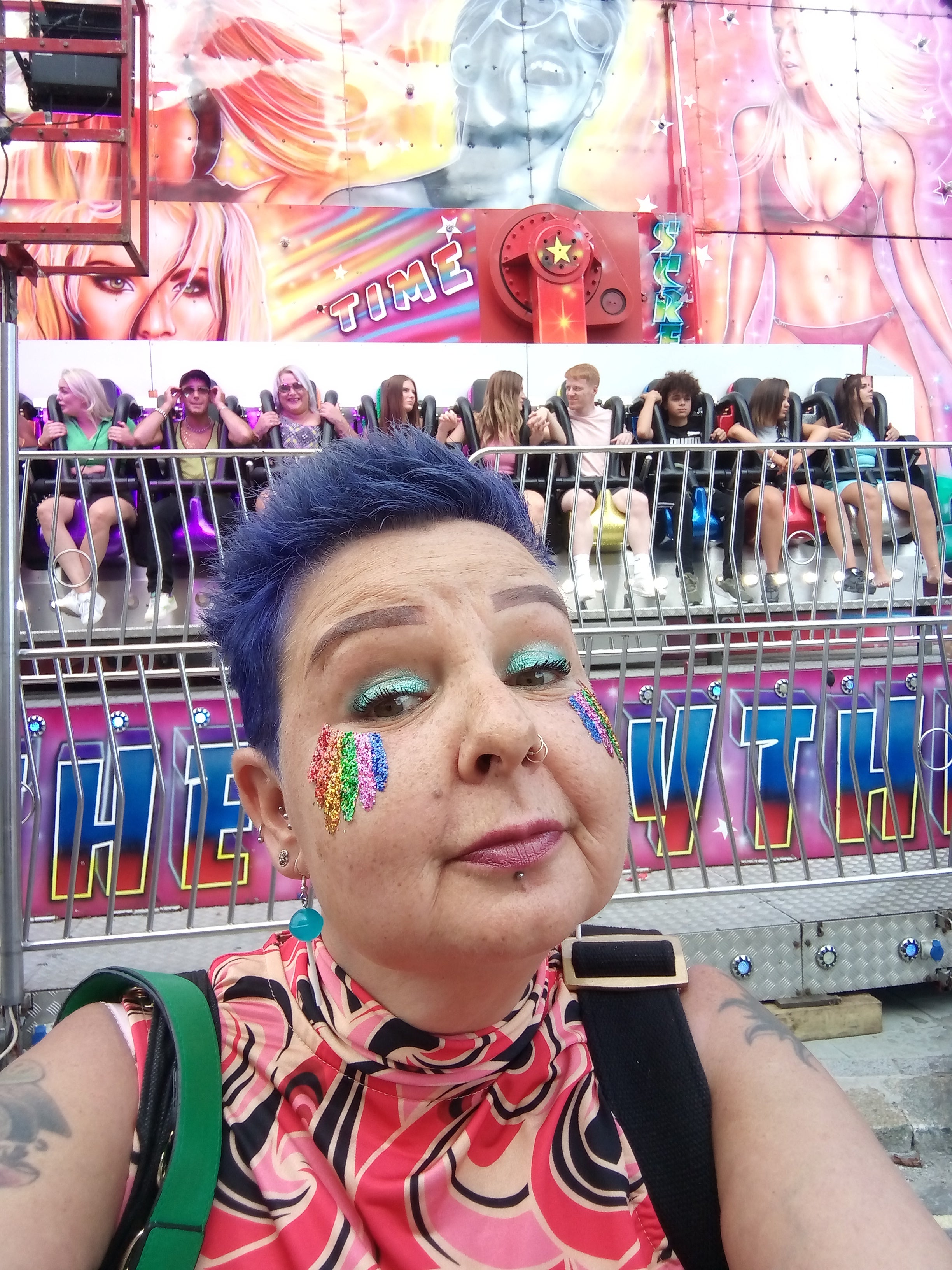
Even though she has been told the tablets will eventually stop working because of the “leukaemia becoming too strong for the medication”, she feels grateful to “still be here” and continues to have regular check-ups at St James’s.
Now, with volunteering at Overgate Hospice, which gives her life “purpose”, she enjoys going for walks, spending time with her family, and she is a crown green bowler.
She wants to encourage others to advocate for themselves when it comes to their health, get any unusual symptoms checked as soon as possible, to use the resources and help available, and to “never give up”.
Tammy said: “Your gratitude starts as soon as you wake up in the morning.
“Then you can look around and think, ‘I’ve got an iPhone, I’ve got a clean home, and I’ve got a family’ – and I wouldn’t be here without my family, they held me together.
“It makes you appreciate what you have because if I had £10 million in the bank, it can’t buy your health. Nothing can buy your health.”
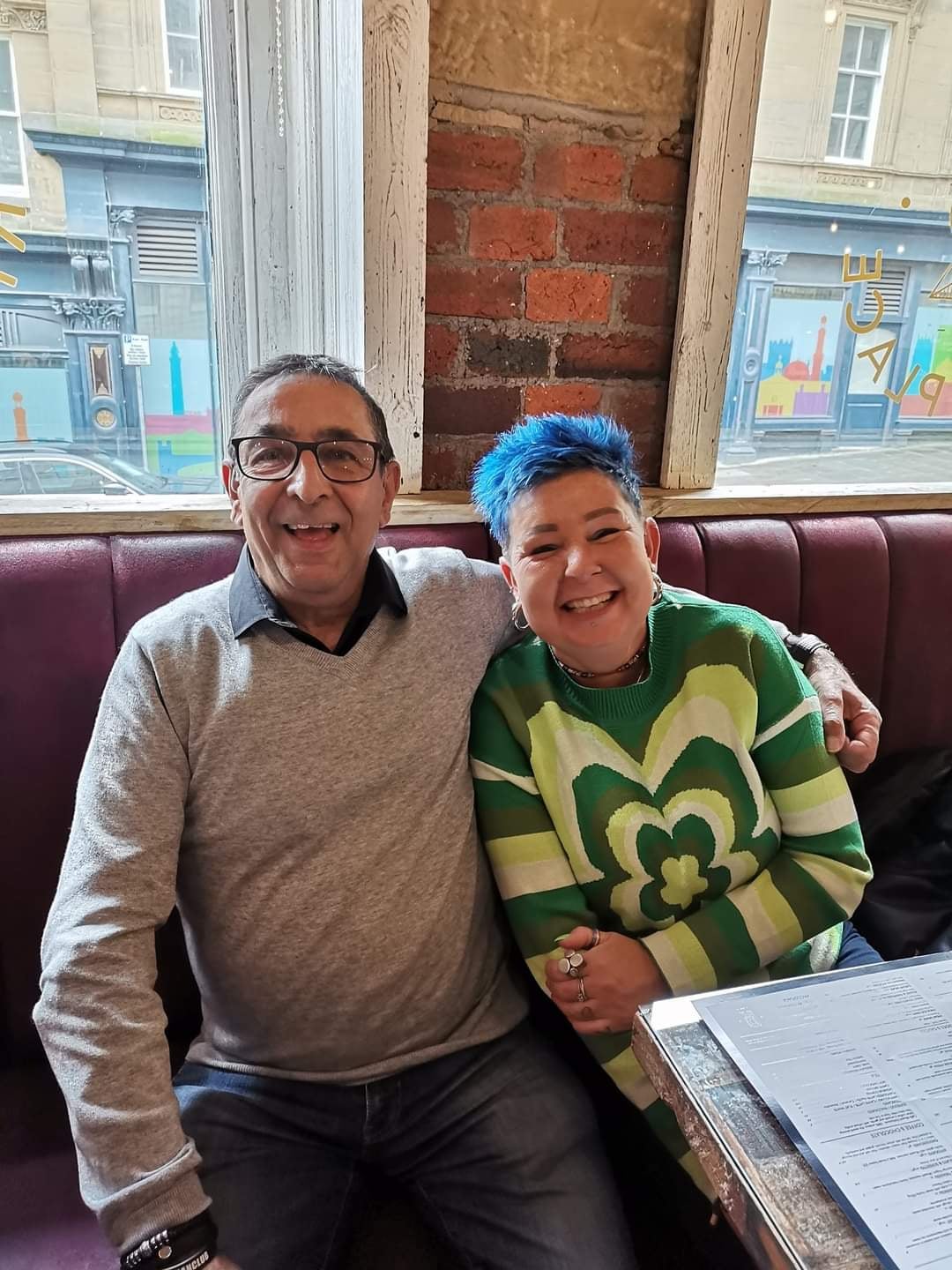
She added: “I would really like to give a big shout out to St James’s University Hospital. They’ve been amazing and they’ve gone above and beyond and thanks to their help, I’m still here.”
A spokesman for Calderdale and Huddersfield NHS Foundation Trust (CHFT) said: “We’re sorry to hear that Tammy has concerns over her care here at CHFT. We do not comment on individual cases but would strongly encourage Tammy to get in touch so we can discuss her concerns with her.
“If she does want to contact us, then the team best placed to support would be our patient advice and support service (Pals). We’ve made them aware that Tammy may be in touch. She can email patientadvice@cht.nhs.uk or call 01484 343800. The service is open Monday to Friday 9am to 5pm.”
For more information and support, and to find out more about the Spot Leukaemia campaign with Leukaemia Care and Leukaemia UK, visit: spotleukaemia.org.uk.
King Cross Surgery has been contacted for comment but did not respond at the time of publication.